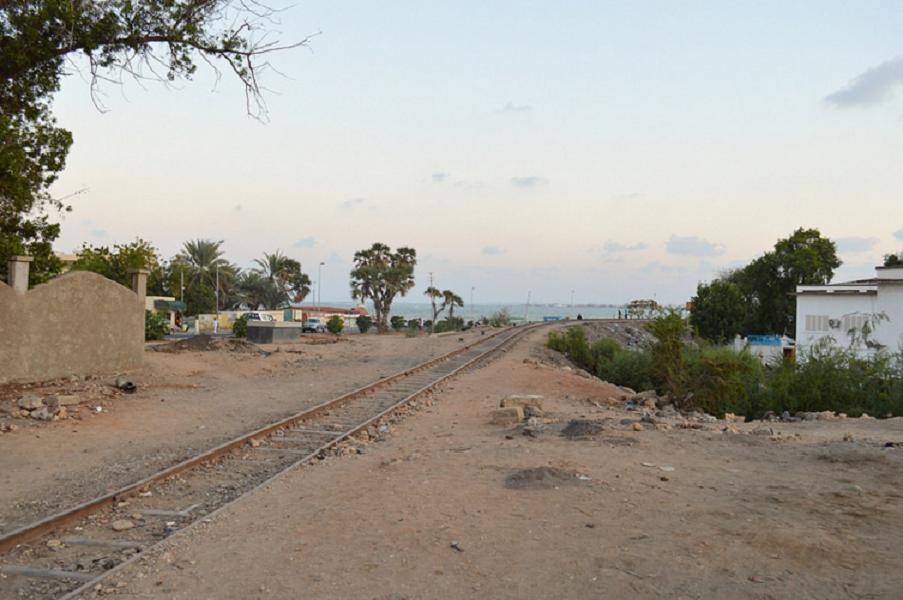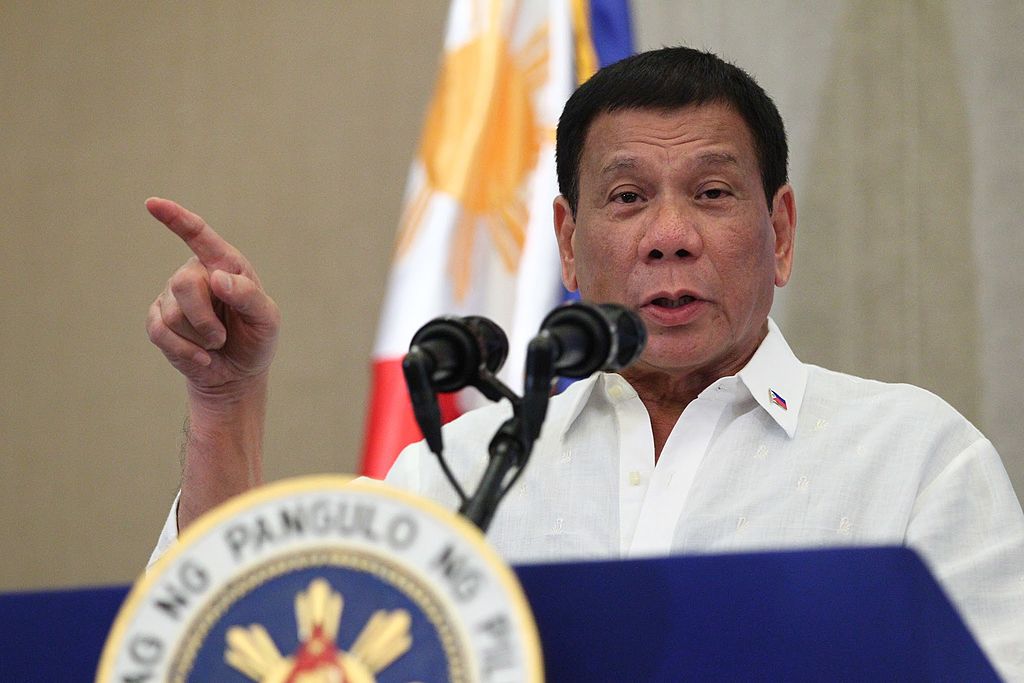Ethiopia is regarded as Africa’s up and coming economic superstar, despite having no easy access to Asian, European and Middle Eastern markets. This landlocked African country is blocked from the Arabian Sea, which is Ethiopia’s fast track to top buyers, by the coastal countries of Eritrea, Djibouti, and Somalia. Regardless of the challenges, Ethiopia’s top importer of its main exports of refined petroleum and coffee remains to be Kuwait. Transport is difficult due to lengthy amounts of land travel necessary to reach the seaport in Djibouti.
For the last 10 years, Ethiopia’s economy has had an annual growth rate of 10%. According to the Global Macro Monitor, Ethiopia has the 6th fastest growing economy in 2017.
The port of Djibouti is integral for East Africa’s exportation to any Arabic, European, and Asian countries. A large portion of trade passes through Djiboutian waters as ships travel from the Red Sea to the Gulf of Aden. It is estimated that 12.5-20% of the world’s trade travels through the Gulf of Aden. Even though Djibouti has a relatively small population of around 870000, its prime port location allows it to control a major proportion of the exportation traffic sailing from the Red Sea and the Indian Ocean. According to a Reuters article, 70% of trade activity at Djibouti’s port is comprised of Ethiopian exports. Furthermore, 95% of Ethiopian trade runs through Djibouti’s port, making it key to the growth of Ethiopia’s economy and vital as a link between Ethiopia and its main trading partners Kuwait and Saudi Arabia.
Djibouti is host to military bases of several different countries. According to BBC news, “Djibouti houses the largest permanent US military base in Africa with over 4,000 people in service”. In addition, France, which previously owned Djibouti, still keeps a military base of over 1,500 people in service. German, Italian and Japanese troops also reside in Djibouti, giving it unique connections to powerhouse countries, while remaining one of the safest places in East Africa.
Despite the potentially conflicting presence of these military forces, Djibouti holds a long-term peaceful reputation amongst troubled neighbours. Somali pirates are a huge concern to the area, ruling out Somalia as a safe trade route for Ethiopia. The hub of the military presence is designed for the monitoring of pirates, the controlling of politically troubled East African countries, and the prevention of the spread of Al-Qaeda and radicalism to East African regions.
In the past year, China added its name to the list of militaries present in Djibouti. China’s first overseas military base protects expensive investments in Ethiopian trade and Djiboutian infrastructure. Over a million Chinese citizens ventured to Africa to snag the next economic opportunity. China invests a large amount of money into Ethiopia with the total being around US $21 billion since 2005, and more than US $12 billion in Djibouti infrastructure such as airports, ports, and recently a new free trade zone that is expected to add 15,000 jobs.
A train from Ethiopia’s capital, Addis Ababa, stretching to the ports in Djibouti is China’s newest investment. China funded over 70% of the project. The project is of dire importance to Ethiopia’s trade, replacing the two days of travel for 1,500 trucks daily to reach the port. The rail project is expected to be open in February and to cut travel time into just 12 hours.
Protests erupted in October 2016 against foreign companies taking away land rights. Locals are worried about the government prioritizing infrastructure and economic development over human rights development. Meanwhile foreign investors are concerned about the ability to protect the potential attacks targeting the Chinese-run railway project. Investments in Africa have built up the economy but lack the involvement of locals, which may result in further uprisings against foreign involvement.
Photo: Rail Line in Djibouti City (2016), Francisco Anzola via Flickr. Licensed under CC BY 2.0.
Disclaimer: Any views or opinions expressed in articles are solely those of the authors and do not necessarily represent the views of the NATO Association of Canada.




